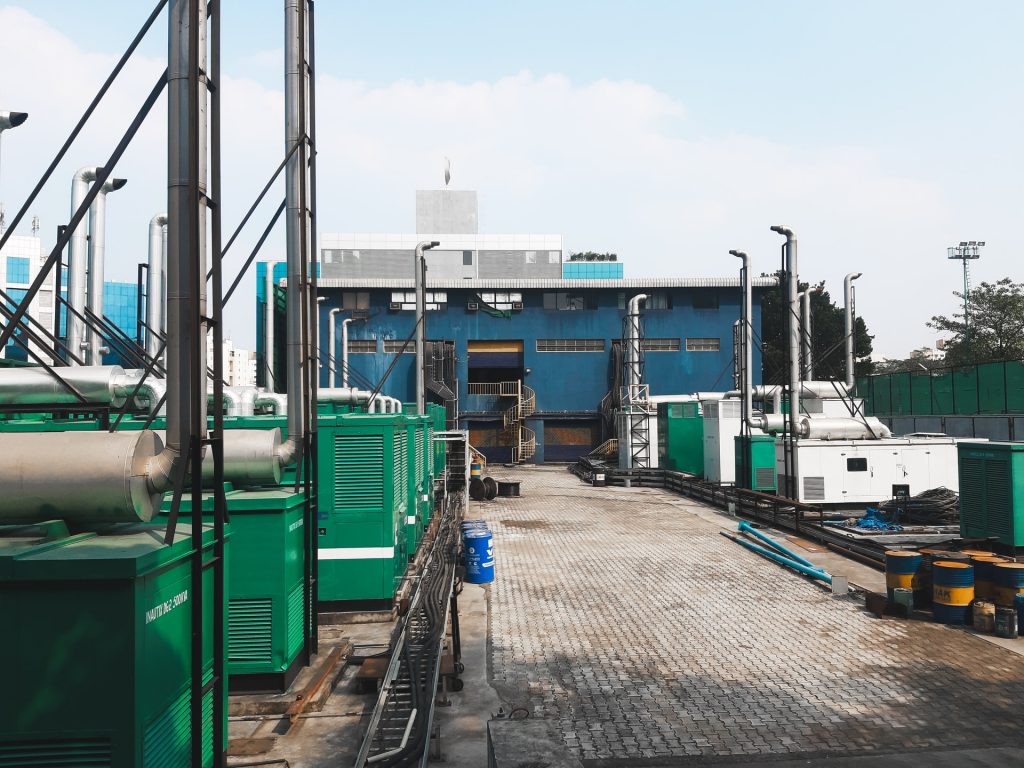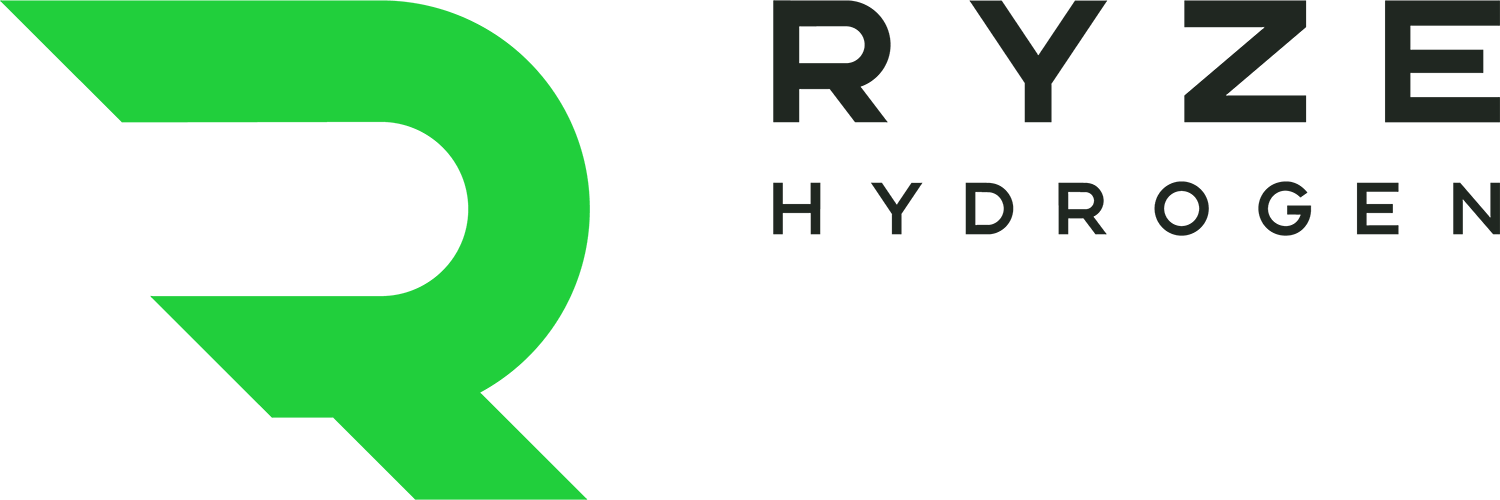As motor-sports shift focus to decarbonisation Hydrogen is going to be showing its worth in the most inhospitable of environments next month, as season two of the Extreme E rally series kicks off with the Desert X Prix in Saudi Arabia.
The vehicles taking part in the five-race series will be recharged with a novel hydrogen fuel cell generator, designed and built by UK-based AFC Energy. The portable hydrogen-powered device, about the size of one shipping container, will replace diesel generators in producing the electricity to charge the nine Spark Odyssey 21s designed especially for Extreme E.
Electrolysers powered by portable solar arrays will generate the hydrogen on-site for the generators.
Replacing the world’s diesel generators with clean hydrogen units would stop millions of tonnes of CO2 and other pollutants being released into the atmosphere.
The global market for diesel generators is enormous. About $15 billion of them are expected to be sold in 2022. As well as particulate matter, they produce between two and three times more greenhouse gas per unit of electricity as a typical natural gas power station.
Extreme E’s race in the deserts of Saudi Arabia will be followed by events in Sardinia in Italy, Antofagasta in Chile, Punta del Este in Uruguay and one further as yet unnamed location. This year’s series is called Race for the Planet and is backed by racing luminaries including Lewis Hamilton, Sebastien Loeb and Carlos Sainz.
A successful demonstration of AFC Energy’s hydrogen generator in such a variety of conditions is an opportunity to show off the versatility of hydrogen as a fuel that has at times been unfairly portrayed as less safe than traditional alternatives, such as petrol, diesel and natural gas.

Replacing the world’s diesel generators with clean hydrogen units would stop millions of tonnes of CO2 and other pollutants being released into the atmosphere.
There are significant markets for electricity generators in inhospitable locations, including oil rigs and mines, as well as in countries where existing power infrastructure is poor and weather conditions are challenging due to either extreme heat or extreme cold temperatures.
Hydrogen vehicles have been tested in the most intense of conditions this year with the unveiling of a prototype for the first hydrogen car to take part in the Dakar Rally, while this year’s event was completed for the first time by a hydrogen-powered truck.
AFC has major competition for its hydrogen fuel-cell generators. Last week, General Motors announced plans to work with Renewable Innovations of Lindon, Utah (a joint venture with Honda), to build mobile electricity generators, electric vehicle charging stations and power generators for military camps, based on the fuel cell systems it has developed for its vehicles.

Festivals can soon be powered by zero-emission hydrogen generators.
GM suggested construction sites, music festivals, data centres, and the military would be customers for the products, which it expects to begin producing in 2023.
To learn more about Ryze hydrogen click here.






